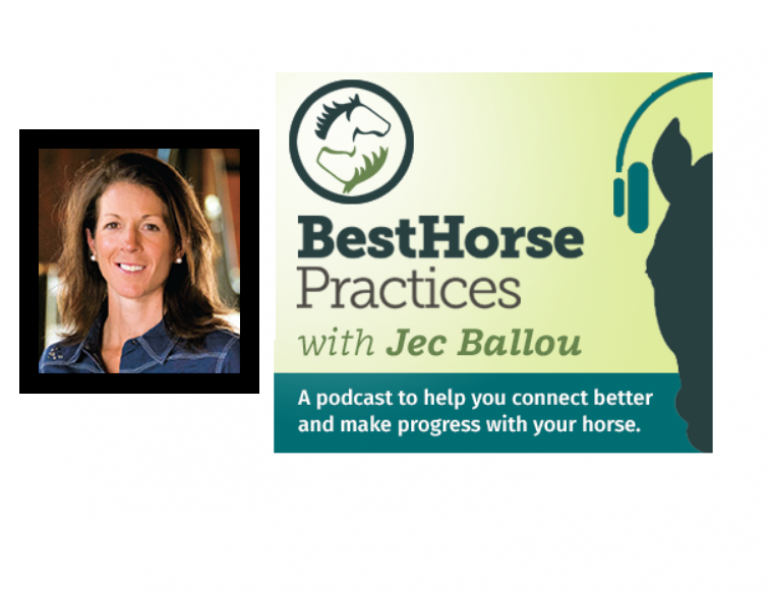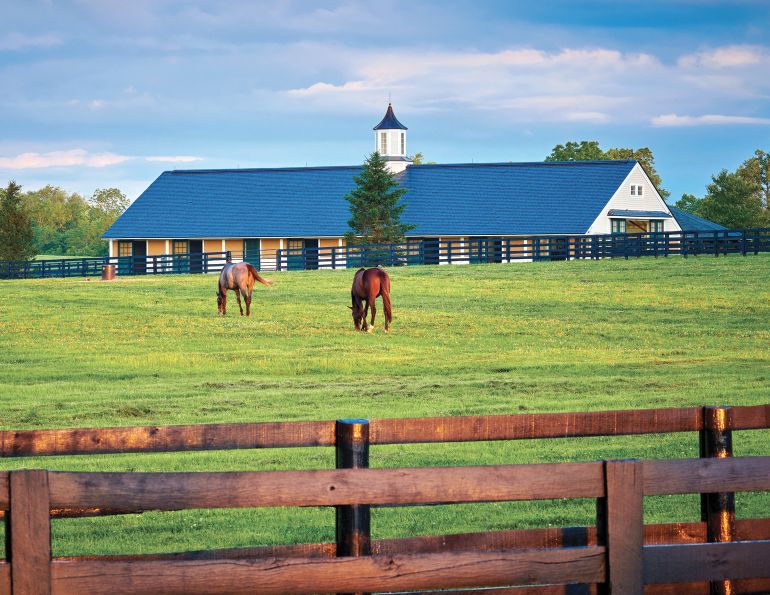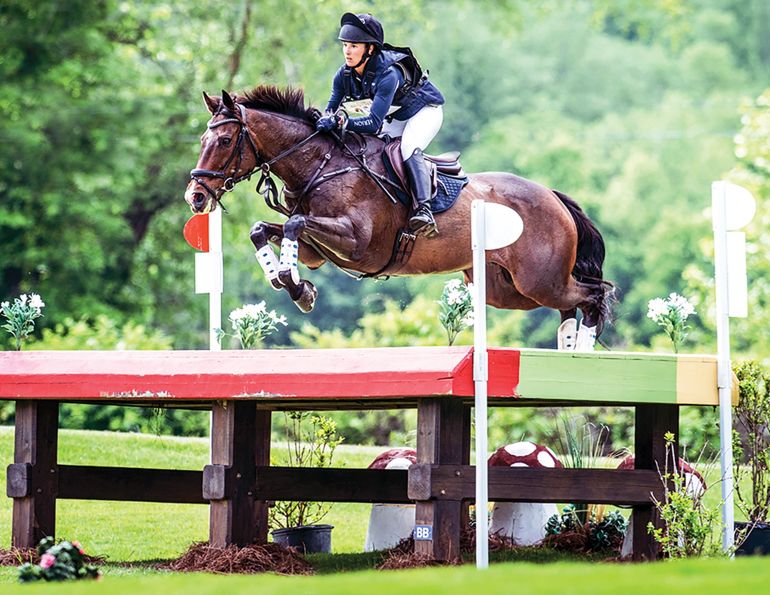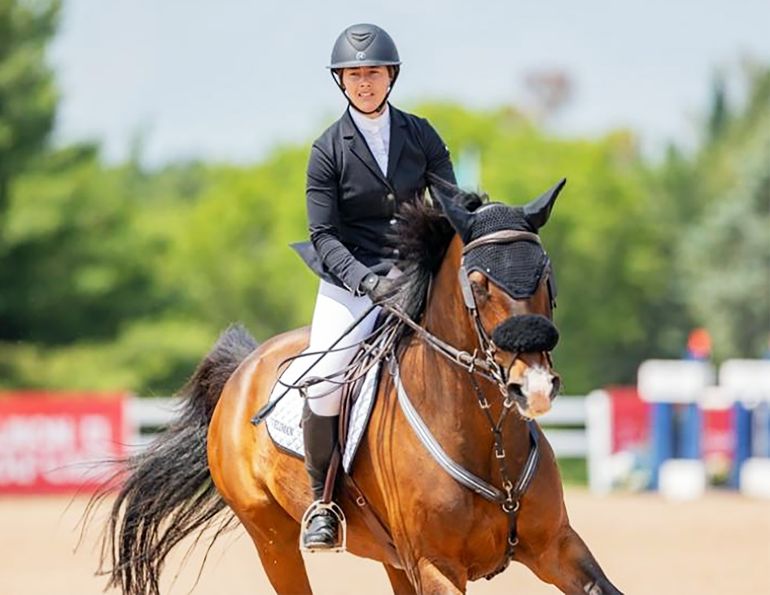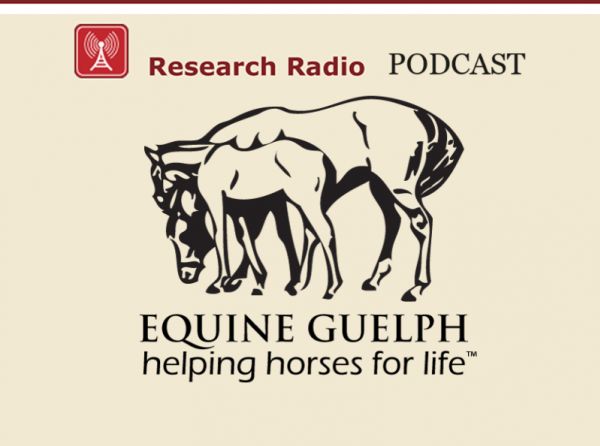By Didi Arias
Midway through 2020 was the first giveaway that something was off when I noticed that my days seemed to be ending sooner than they should have, with evening chores, dinner, and bedtime rolling around before I felt I even got started. That was odd because it was summer and our daylight hours here in southern Spain are long. It also seemed that very little progress was being made on my “To Do” list: day after day it was sneering at me, growing longer. Not only was there the feeling of getting little accomplished, I was also forgetful, frequently walking into rooms without remembering why; my cell phone even had a brief stay in the fridge.
“This can't be good,” I told myself.
I felt distracted and had difficulty concentrating on one task at a time, starting something only to get up and leave it and take on something else, only to leave that. I was chasing squirrels, with lots of starts and no finishes — and that wasn't really me. Interestingly, a friend called one evening and asked if I too was experiencing “mush head,” as she called it, noticing that she was going nowhere fast (yeah, I had company!) A bit concerned, we Googled the “symptoms” to make sure that we didn’t have brain worms or anything, and were relieved to find that probably was not the case. Wanting to exclude any further medical possibilities for my fogginess, I tootled off to my doctor and after discussion, exam, and bloodwork, the diagnosis was “it's just stress — you and everyone else.” Relieved that my missing time was most likely not due to alien abduction, I embarked on finding how to get myself better, to “just relax” as the doctor told me, and stop my self-sabotaging, worrying ways. Now that I had an explanation of what was wrong, it was time to explore the why, and the culprit was glaringly obvious.
By all counts, the year 2020 was a stinker, and without making that into any more of a moan fest than it already has been, we can all admit that it has affected everyone, everywhere, in some way or another. I thought I was handling it all well until the focus thing, which made me realize that I had allowed a “bug” to bypass the operating system security and enter my motherboard, messing up my circuitry with overwhelm and distraction. Of course, fear, worry, and uncertainty can all cause anxiety, and in my case, that was topped off by experiencing several personal life issues that added to the stress: the recent loss of my mother, not being able to teach (due to my country, Spain, having one of the strictest in-home lockdowns on the planet), and being physically limited due to recent injury. So, it was no mom, no work, and no exercise — a three handed wallop. It was heavy and I was starting to feel the effects.
Related: Ride Interrupted-Staying Sane Til You're Back in the Saddle
I had received good emotional support from my mother’s care team; they helped me realize something very important: that I was unable to control a lot of what was going on around me, so I needed to single out the things that I could control. With this sage advice in mind, I knew this was the key to getting my focus back on track, and the following is the how in how I did it.
By writing everything down
A routine seemed paramount, so I started by dusting off my shelved 2020 agenda despite having no lesson appointments or show dates to put in it. Deworm the dogs, order feed, clear out kitchen cabinets were the insipid entries, but pathetic as it seemed, keeping to some sort of regular referral of my day planner, as I previously had, was important to me. Separating tasks into categories kept the annotations from being chaotic, and this small organization made everything more structured and less easy to overlook.
A racing mind is common when you are having trouble focusing, so I resorted to carrying around a small notebook to catch those numerous 100 mph thoughts. By writing them down, I could get them out of my head to be dealt with at a later time, knowing that they wouldn’t get lost. Note that I recommend a notebook as opposed to pieces of paper, which are too much like scattered thoughts that just end up getting left all over the house. All of this head uncluttering helps free up room in the mind so that focus can be directed to specific thoughts. I found that a good pre-bedtime practice was to get whatever day’s end residual thoughts removed and jotted down so that they wouldn’t run around in my head all night, railroading my attempts to sleep. For the same reason, I would write down a streamlined list of what I had to do the next day, better setting me up for enjoying my Dreamtime.
My personal environment got an overhaul
I yearned for a comfortable and relaxing home environment, for as with a cluttered mind, a cluttered environment puts me in overwhelm overload. Because we had always been too busy to tackle all those when I get round to it chores, my husband and I decided that we would both feel a whole lot better if we finally gave them our attention and organization. We have lots and lots of stuff, and it was starting to feel like we were weighted down like those on the hoarder shows, so it has been a work in progress. While I have not been able to go through each and every possession (yet) to see if I still love it, as recommended by some declutter gurus, I have been tossing and rearranging like a champ, with enough passion to make the minimalist experts proud.
Related: Training Our Minds to Cope with Unexpected Challenges
It was recommended that I surround myself with only good and positive things; to me that is family, my animals, hobbies, books, seasonal decorating… and we even rescued and adopted two new dogs. As much as I could, I needed to avoid things that gave off bad vibes. I identified two negative practices that needed reassessing: too much television (especially the news) and social media. An excess of the former leaves me zombie-like, and the latter leaves me feeling that I need to put on protective armour to just go online, as there can be that much exposure to toxicity. So, I was happy to spend a lot less time doing both; besides, all that looking at the screen and sitting idle just isn’t good for you and makes your butt flat.
My body, my temple

The mantra nourish the brain by taking care of the body aligns perfectly with what the scientists tell us when they say that executive function is helped by eating healthy food, drinking plenty of water, and participating in 15 to 20 minutes of aerobic exercise daily. It just all makes such perfect sense, and I look at it this way: I’m not going to let any old virus get the better of me without a fight. I’ve been taking care of this body for a long time and I work at it, because at my age, honey, if you knew how tough it was to keep it this way, you’d know I’m never going to quit because I don’t know how long it would take to ever get it back. Now say that in your best Mae West voice!
Keeping up a personal appearance routine was actually helpful, if not a little odd, because keeping up appearances is about keeping up attitude. Though tempting as it was, the novelty of staying in pyjamas all day quickly wore off. Despite the fact that we endured home confinement for months, I still wore my usual clothes, accessorized, did my hair, and pretended that all was normal as I went about my daily routine, all dressed up with no place to go. I think back to a photo a friend sent to me in a WhatsApp message — she was mid-spin in her living room wearing a dress, heels, and full makeup.
“What are you doing?” I wrote back.
“I´m practicing my salsa dancing,” she replied.
“But you are by yourself, why are you all dressed up?” I asked her.
“It is all about attitude.”
That lady will definitely not let her brains go foggy!
I got acquainted with meditation during our home confinement, though I am hopeless at sitting still without physically or mentally squirming. As I find my solace in nature, I remember that my mother had told me about the walking meditations that she used to do with the Vietnamese monk Thich Nhat Hahn, and that appealed to me. I made up my own version, which included bringing my camera in case I saw the most perfect sunrise or butterfly. Perhaps not traditional, but it works for me as the important thing is to lower the monkey talk down to silence level, and sunrises and butterflies do just that.
I would have loved to learn yoga during these times, but my injuries kept me out of action. I was kept entertained and in touch by another one of my friends who sent me regular photos of her struggling for enlightenment by learning to stand on her head. We each make it work in our own ways.
Related: Book Review-Yoga for Riders
And now for the biggie — sleep, or lack thereof. I have the suspicion that this was one of the root causes of my blurry mind — I was too worried to sleep. I read up on the subject and followed all the instructions on what to avoid, from what to eat before bedtime, to avoiding TV before bed, no devices, no reading. Then I tried everything legal to deal with the problem: a set bedtime, relaxing CDs and meditation tapes, melatonin, counting sheep, lavender pillow, lavender diffusor, lavender body lotion, and the world´s most comfortable bed. I even tried sex, but that gave me an appetite. To date I’m still working on the sleep issue; a friend recommended a weighed anxiety blanket so I’m going to give one of those a try next.
In conclusion
I end this as I started it: 2020 was a stinky year, yet there were also upsides to this experience. Difficult times have their benefits as one learns from them and I am now more aware that low motivation, lack of urgency, and difficulty or confusion with a task can be signs of stress or anxiety in our lives. Just as I found a way to smooth it out for myself, perhaps I could try to find ways to help my friends, family, and students struggling with these same issues, or at least guide them towards things that can help.
I will stop and think next time a student appears to be defiant or lazy, and “pay attention” will drop from my vocabulary, unless I am pinching and advising myself.
Considering what I can do to make things all the better for my students when I can get back to teaching, I think two key elements essential for successful outcomes will be having an open communication line, and structuring classes with consistency and routine, much of which has been interrupted in their everyday lives.
I can reanalyze how I teach the lessons and look at where I can simplify and reduce elements down to more do-able and easier tasks, in shorter time periods. Focus needs to be on benefits and good outcomes, and I can create situations of rewards and incentives.
Related: COVID-19 Pandemic Sidelines the Horse Industry
Just as I paid attention to my home surroundings, I can also work to create a learning atmosphere using my personal creativity, and by putting more effort into preplanning and setting up lessons. I can even embellish the environment with music (leads to musical rides!), and changes of scenery, as in getting out of the arena to a field or trail.
Riding is such an amazing outlet for people, especially in very trying times, and now more than ever I want to make it as good an experience as possible for my riders. I know that my students may have been struggling, or their families might be. Life just got very different this year. But all of us are resilient and able to problem solve, and to be honest, we have to give ourselves credit for even getting this far in life.
And I shall never forget the wisdom handed down to me by a great friend and mentor: This too shall pass.
Printed with the kind permission of Riding Instructor magazine.
Photo: Shutterstock/De Visu





